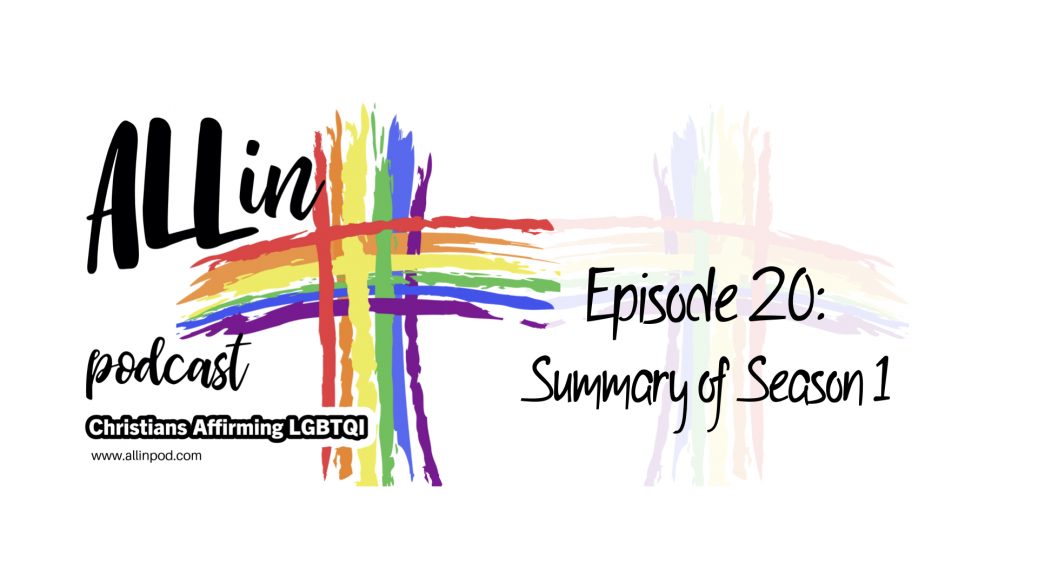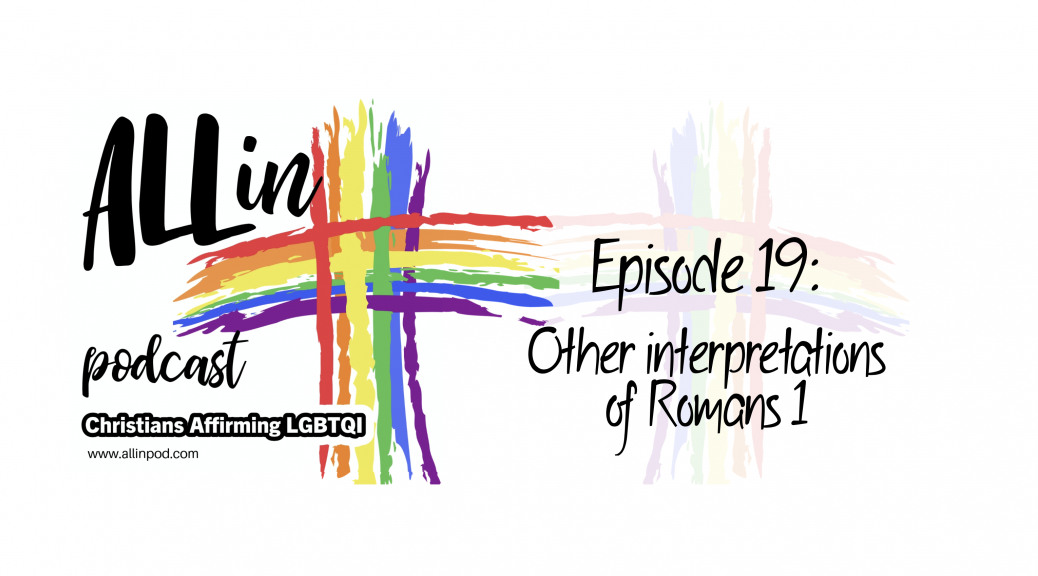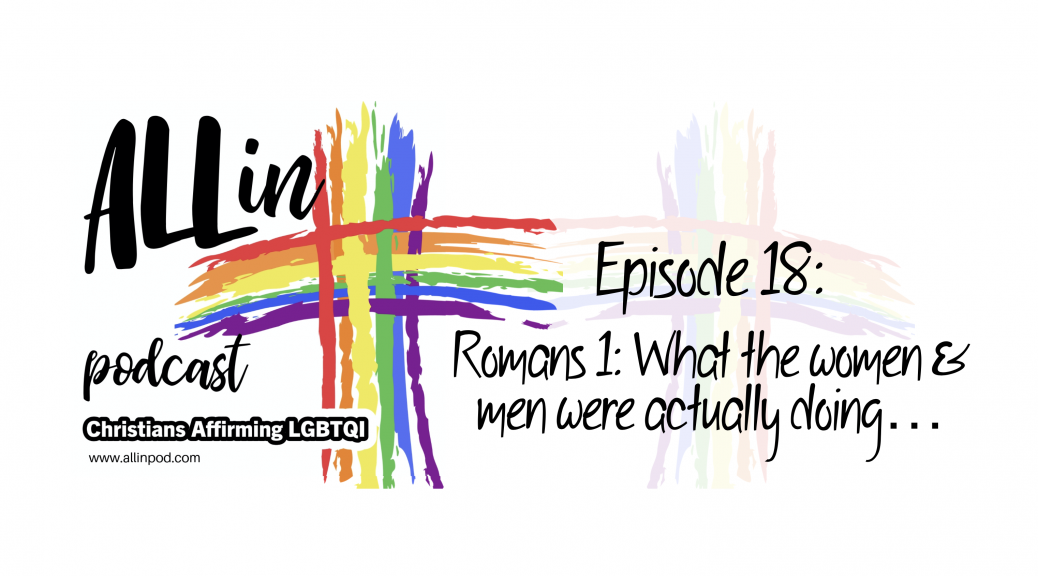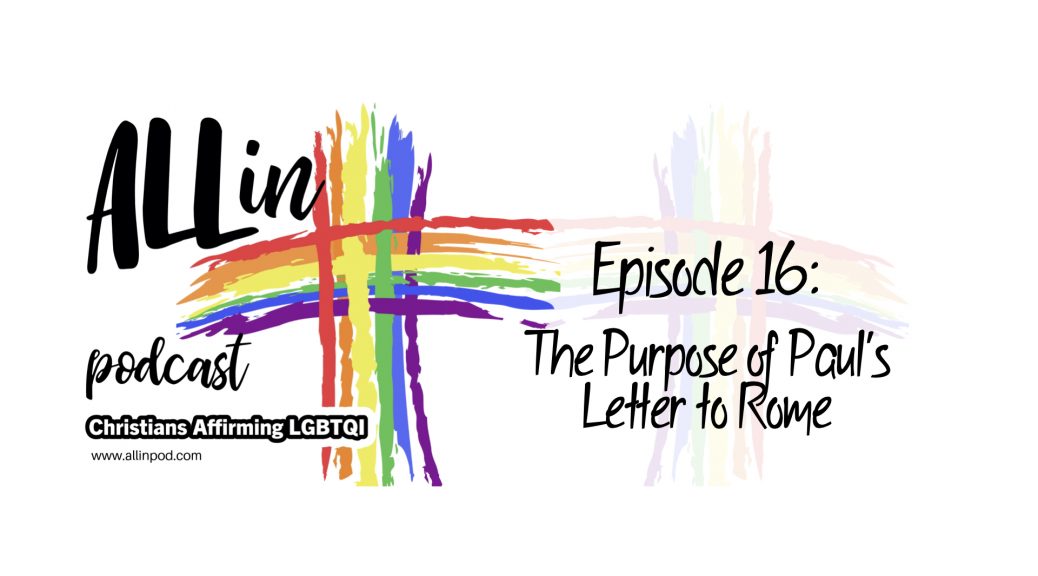Around 2,000 years ago a young, 33 year old, well-known teacher who had gathered quite a following and reputation was brutally beaten and then crucified on a Roman cross outside of Roman-occupied Jerusalem, while being jeered by crowds of Jewish religious leaders and their accolytes (who left their Passover preparations specifically to come and do that). What’s good about that?
You might not hear this in your church, but the answer is “nothing”. In the Christian faith, we don’t celebrate Friday (we commemorate it). We wait for Sunday.
The only thing “good” about this day is WHY Jesus was killed. The first actual Easter Friday was a complete horror show for everyone who supported Jesus. Their dreams were shattered, their hopes destroyed, their futures dark. They didn’t know that Sunday was coming.
So why was Jesus killed?
Continue reading Easter Friday: Why do Christians call it “Good Friday”?










